nnovative Eco-Friendly Packaging Solutions for a Greener Future
In recent years, the world has witnessed a growing awareness of the environmental challenges posed by traditional packaging methods. From overflowing landfills to the alarming levels of plastic pollution in our oceans, the need for sustainable alternatives has never been more urgent. Fortunately, businesses, researchers, and consumers alike are embracing innovative eco-friendly packaging solutions that promise to pave the way for a greener future.
In recent years, the world has witnessed a growing awareness of the environmental challenges posed by traditional packaging methods. From overflowing landfills to the alarming levels of plastic pollution in our oceans, the need for sustainable alternatives has never been more urgent. Fortunately, businesses, researchers, and consumers alike are embracing innovative eco-friendly packaging solutions that promise to pave the way for a greener future.
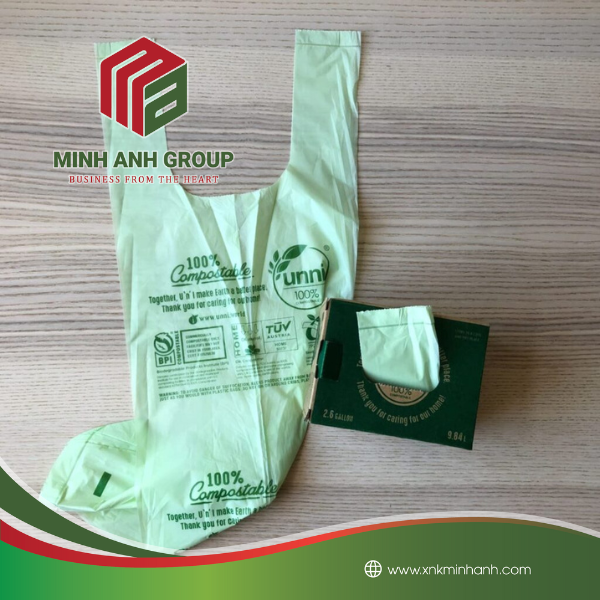
Why Eco-Friendly Packaging Matters
Packaging plays a vital role in protecting products, ensuring safe transportation, and enhancing their visual appeal. However, conventional packaging materials—especially single-use plastics—are notorious for their environmental impact. These materials often take hundreds of years to decompose and frequently end up polluting ecosystems, harming wildlife, and contributing to climate change.
Eco-friendly packaging offers a promising alternative. By prioritizing sustainability, this approach reduces waste, minimizes environmental damage, and promotes the responsible use of resources. It’s a win-win situation: businesses can demonstrate their commitment to sustainability, consumers can make greener choices, and the planet benefits from less pollution.
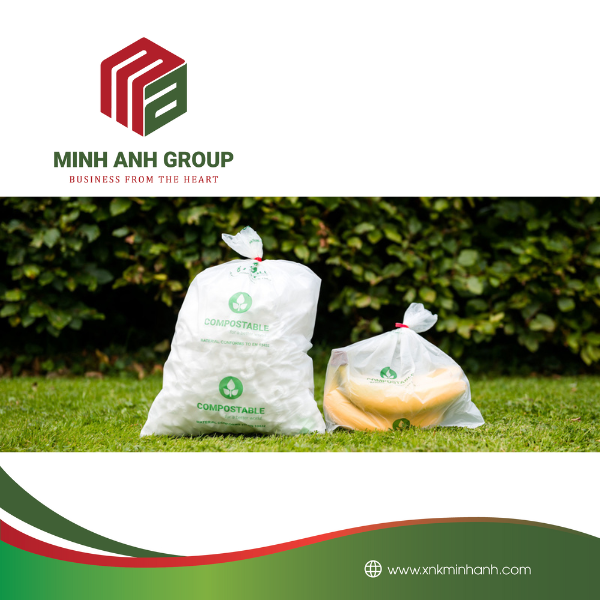
Key Innovations in Eco-Friendly Packaging
The world of sustainable packaging is evolving rapidly, with creative solutions emerging across industries. Here are some of the most exciting innovations making waves:
1. Biodegradable and Compostable Materials
Biodegradable packaging breaks down naturally over time, leaving behind no harmful residues. Compostable materials go a step further, enriching the soil as they decompose. Common examples include cornstarch-based plastics, bagasse (a by-product of sugarcane processing), and mushroom-based packaging. These materials are ideal for food containers, utensils, and even protective packaging for fragile items.
2. Edible Packaging
Imagine enjoying a snack and then eating the wrapper! Edible packaging is an ingenious solution that eliminates waste entirely. Made from ingredients like seaweed, rice paper, or potato starch, edible packaging is safe to consume and ideal for single-use applications like food wraps or beverage pods.
3. Reusable Packaging
Durability meets sustainability with reusable packaging solutions. From glass jars and stainless steel containers to cloth bags and silicone wraps, these options encourage consumers to ditch disposable items in favor of long-lasting alternatives. Reusable packaging is particularly popular in industries like food delivery and personal care products.
4. Plant-Based Plastics
Traditional plastics are derived from fossil fuels, but plant-based plastics use renewable resources like corn, sugarcane, or algae. These bioplastics are designed to mimic the properties of conventional plastics while being more environmentally friendly. Many plant-based plastics are recyclable or biodegradable, making them an excellent choice for bottles, bags, and food packaging.
5. Minimalist Packaging Designs
Sometimes less is more! Minimalist packaging reduces waste by using fewer materials and eliminating unnecessary components like excessive wrapping or bulky inserts. This design philosophy not only benefits the environment but also appeals to consumers who value simplicity and elegance.
6. Recycled Materials
Recycling is a cornerstone of sustainability, and using recycled materials for packaging helps close the loop on waste management. Recycled paper, cardboard, and plastic can be repurposed into new packaging products, reducing the need for virgin resources and lowering carbon emissions associated with production.
7. Water-Soluble Packaging
Water-soluble packaging dissolves when exposed to water, leaving no trace behind. This innovative solution is ideal for single-use applications like detergent pods or food wraps. Made from polyvinyl alcohol (PVA) or similar materials, water-soluble packaging offers convenience without compromising the environment.
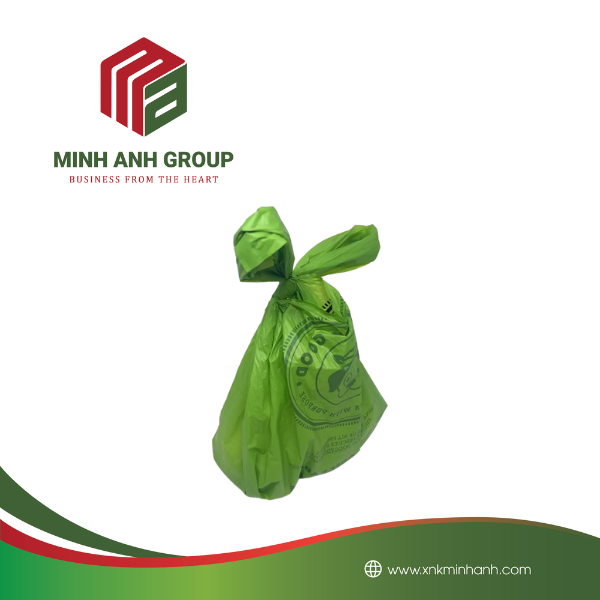
The Role of Businesses and Consumers
Transitioning to eco-friendly packaging requires collaboration between businesses and consumers. Companies have a responsibility to adopt sustainable practices, invest in research and development, and educate their customers about the benefits of eco-friendly options. On the other hand, consumers can drive change by supporting brands that prioritize sustainability and making informed choices about the products they purchase.
Several companies are already leading the charge in eco-friendly packaging innovation:
– Lush Cosmetics uses biodegradable materials and encourages customers to return empty containers for recycling.
– Loop provides reusable packaging solutions for household items like shampoo and detergent.
– Notpla creates seaweed-based alternatives to plastic that are both edible and biodegradable.
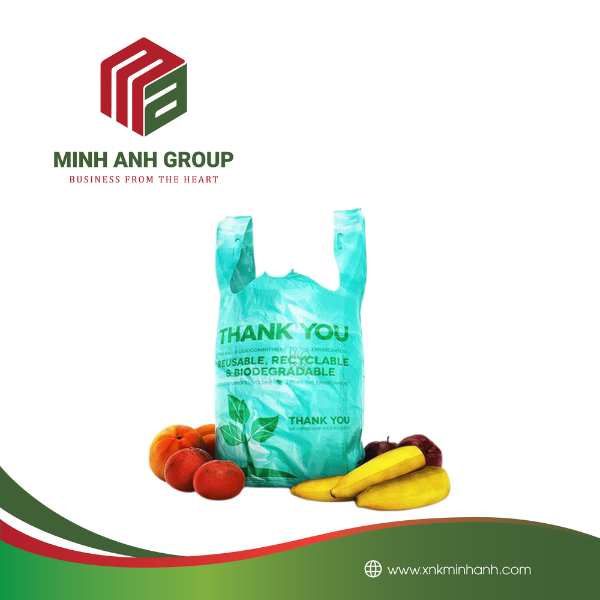
Challenges and Opportunities
While eco-friendly packaging offers numerous benefits, it’s not without challenges. High production costs, limited availability of raw materials, and compatibility issues with existing manufacturing processes can hinder widespread adoption. Additionally, educating consumers about the importance of sustainable packaging remains an ongoing effort.
Despite these hurdles, the opportunities are immense. As technology advances and economies of scale come into play, eco-friendly packaging solutions are becoming more affordable and accessible. Governments around the world are implementing regulations to curb plastic waste and incentivize sustainable practices, further driving innovation in this space.
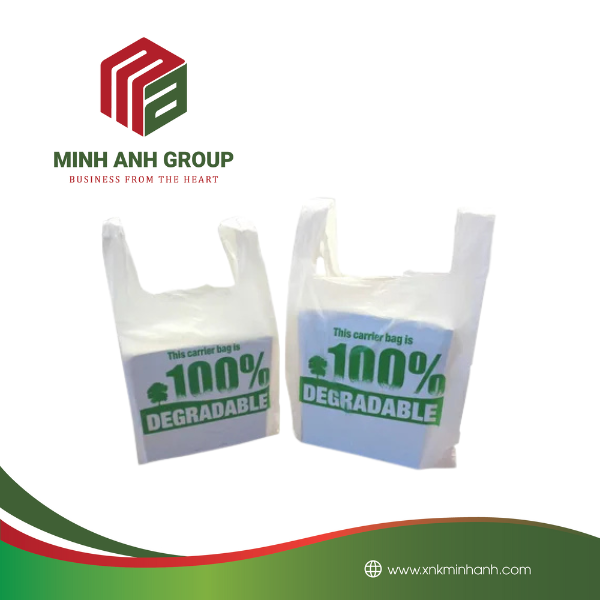
A Greener Tomorrow Starts Today
The shift toward eco-friendly packaging is more than just a trend—it’s a necessity for safeguarding our planet’s future. By embracing innovative solutions and making conscious choices, we can reduce our environmental footprint while still enjoying the convenience and functionality that packaging provides.

Whether you’re a business owner exploring sustainable options or a consumer looking to make greener purchases, every small step counts. Together, we can create a world where packaging serves its purpose without compromising the health of our planet. Let’s take action today for a cleaner, greener tomorrow!
Hãy là người đầu tiên nhận xét “nnovative Eco-Friendly Packaging Solutions for a Greener Future” Hủy
Sản phẩm tương tự
Tin Tức Bao Bì
Tin Tức Bao Bì
Tin Tức Bao Bì
Tin Tức Bao Bì
Tin Tức Bao Bì
Tin Tức Bao Bì
Tin Tức Bao Bì
Food Cling Film: Outstanding Advantages in Food Preservation

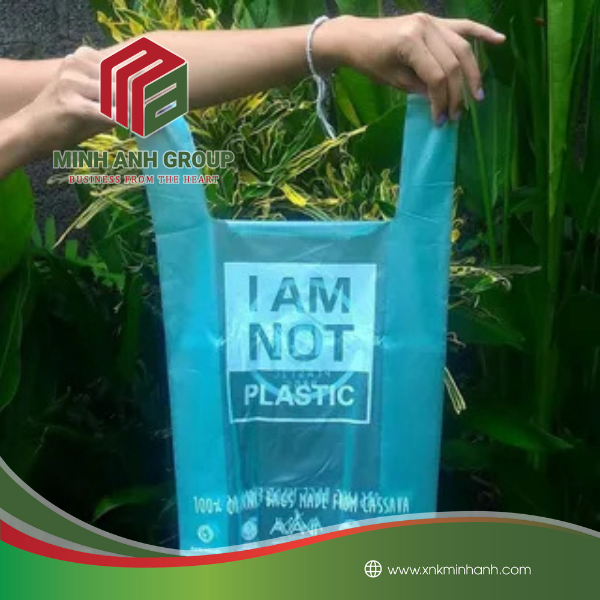
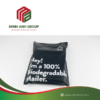
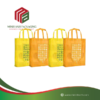












Đánh giá
Chưa có đánh giá nào.